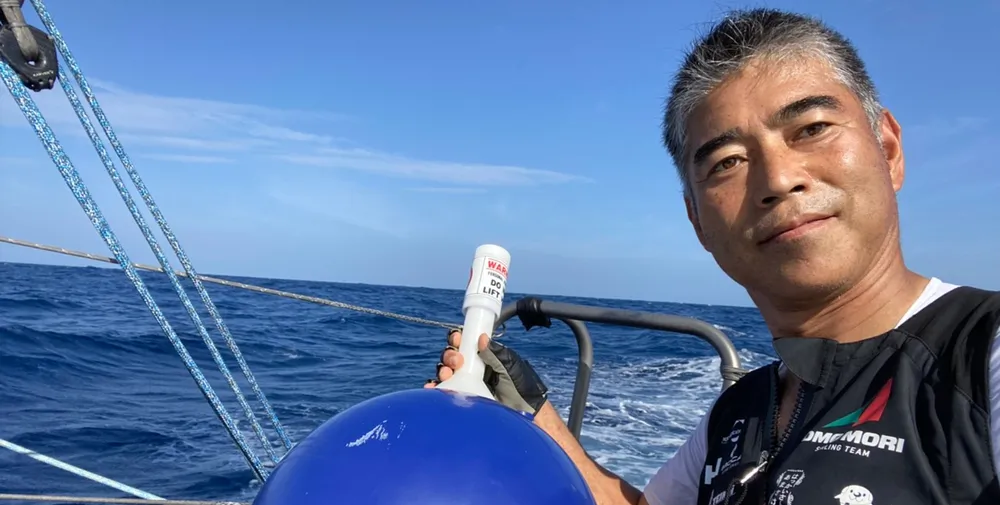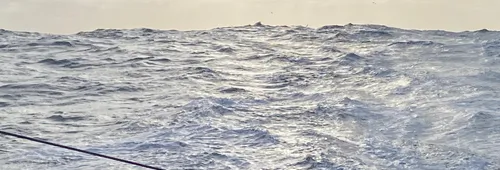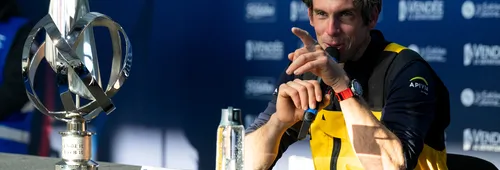The Vendée Globe, through its endowment fund, will be providing financial support to UNESCO to coordinate, on a global and international scale, the embarkation of oceanographic measurement instruments
on the race.
From the Vendée Globe 2024, skippers will be trained and strongly encouraged to take on board the oceanographic measuring instruments selected by UNESCO and the Vendée Globe. From the Vendée Globe 2028 onwards, it will be compulsory for skippers to take these instruments on board and this requirement will be included in the notice of race. The systems and sensors will evolve with each edition of the race, so that marine data can be collected to feed weather forecasting models and scientific analyses. This approach will make a significant contribution to enriching the scientific databases in the littlefrequented areas of the Southern Ocean along the Vendée Globe route.
UNESCO’s actions for ocean sciences
Through its Intergovernmental Oceanographic Commission, which has 150 Member States, UNESCO works to study and protect the ocean by coordinating the actions of governments, scientists, the private sector, civil society and UN institutions. In collaboration with a worldwide network of partners, UNESCO has notably created the tsunami warning system, set up global efforts to map abyssal waters (Seabed 2030), and identified and listed more than 160,000 marine species in the Ocean Biodiversity Information System (OBIS).
The Organization is also working to ensure that environmental and ocean education are integrated into school programmes around the world. UNESCO protects the underwater heritage of exceptional ocean sites, as well as the remarkable biodiversity they host, their geological features and their incomparable beauty. Today, UNESCO has 232 marine biosphere reserves and 50 marine world heritage sites of outstanding universal value in the world.








